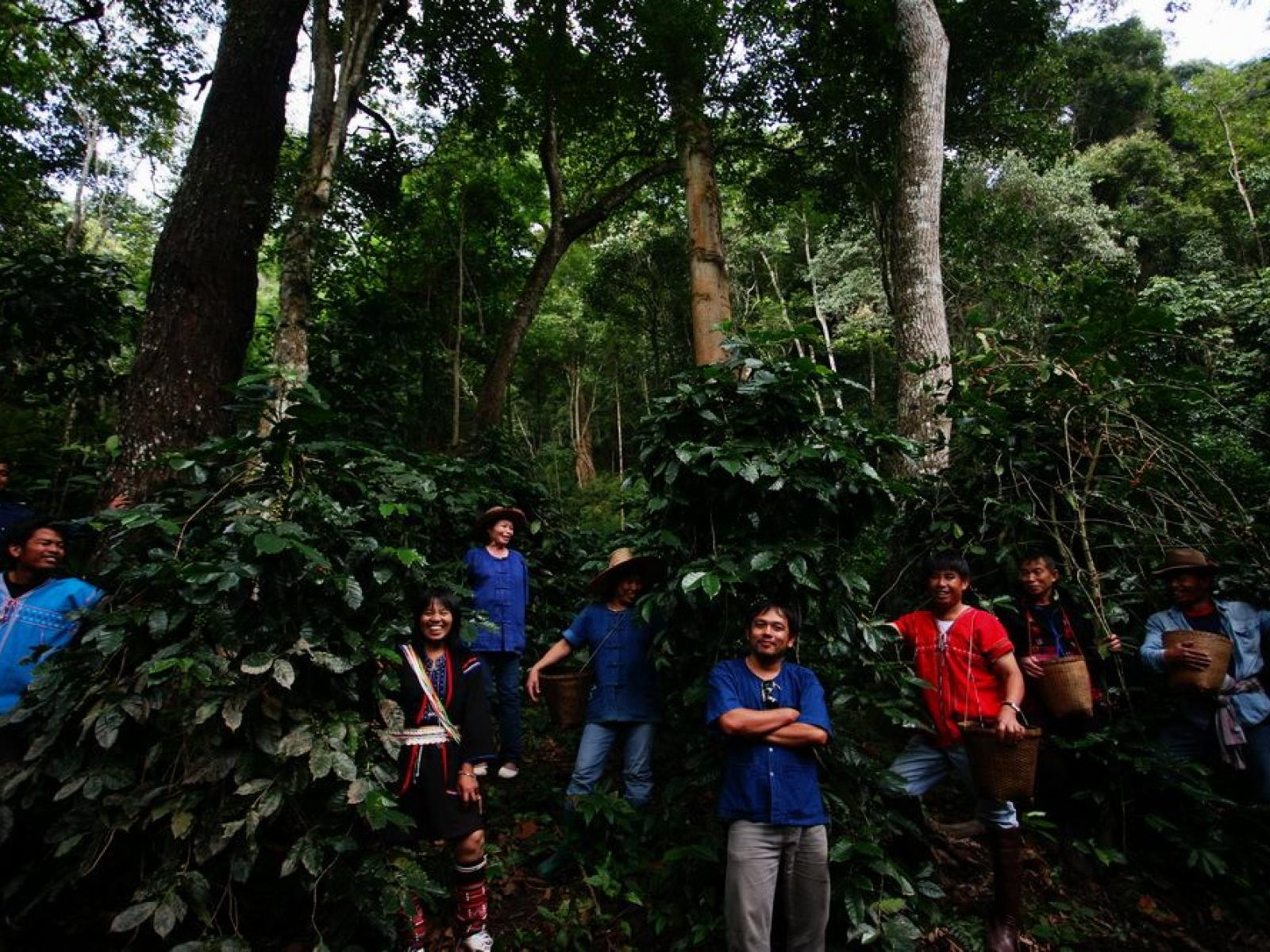An Overview Of Our Solution
- Population Impacted:
- Continent: Asia
Organization type
Population impacted
Size of agricultural area
Production quantity
People employed
Describe your solution
Describe your implementation
External connections
What is the environmental or ecological challenge you are targeting with your solution?
Describe the context in which you are operating
The project is operating in 9 villages in 3 upland watershed areas of Chiang Rai, the northernmost province of Thailand. Most of the land is above 1000 meters in altitude. The village communities are of different ethnic communities, include Thai, Karen, Lahu, Akha, and Mian. These communities were recently poorer than most rural Thai communities due to their remote location, meaning increased logistic costs for produce sold, and less government investment and infrastructure, but due to their remoteness they have maintained more of their traditional culture and livelihoods including the practice of home gardening. Recent developments have rapidly changed this, in particular better roads, electricity, easier access to schools, but also pushed the communities to change. Self-reliant agriculture no longer seems sufficient, pushing more to emigrate to urban and industrial areas for work and to shift to cash crops that are grown in full sun (deforestation) with agrochemicals.
How did you impact natural resource use and greenhouse gas emissions?
Language(s)
Social/Community
Water
Food Security/Nutrition
Economic/Sustainable Development
Climate
Sustainability
While the project started with initial support from Earth Net Foundation, a non-profit, and receives some non-financial support for the collaborating National Park, the Project has grown and operated on income from the sale of coffee. The whole basis for this is a market-driven supply chain approach. While the project has succeeded to advance very far, it still needs to grow its market further to be in line with the growth of it production and coffee supply. This is a current focus.
Return on investment
Entrant Banner Image

